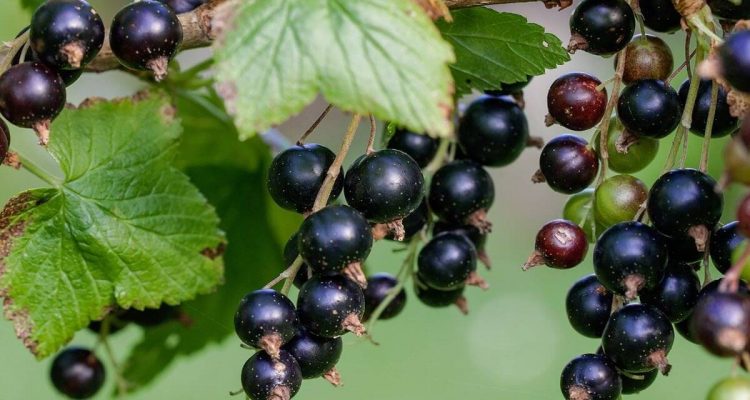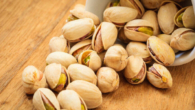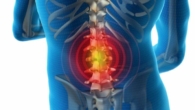
Finnish scientists have named a berry that normalizes blood sugar
0
Black currant is beneficial affects the glucose response after a meal, and the required portion size is much smaller than previously thought, new research from the University of Eastern Finland shows.
Black currant has a beneficial effect on the response of glucose in the blood after a meal. They balance the glucose response to consumed sugar, weakening its rise and delaying its fall. The effect is probably related to the polyphenolic compounds anthocyanins, which black currants are rich in.
The beneficial effects of black currants on health have been confirmed by a recent study conducted at the University of Eastern Finland.
In a clinical meal study (Maqua), a positive effect on the postprandial glucose response was achieved with 75 g (1.5 dl) of black currants, a much smaller portion size than in earlier studies. Blackcurrants are often consumed with added sugar due to their natural acidity, which can be a cause for concern among health-conscious consumers. However, it appears that sugar consumed with black currants is not as harmful to health as sugar without berries.
The study was carried out in collaboration between the Institute of Public Health and Clinical Nutrition at the University of Eastern Finland and by Savonia University of Applied Sciences using the regional Food Valley ecosystem.
In recent years, many studies have been conducted to track the effects of berries on glucose metabolism, with the most convincing results coming from dark berries such as blackcurrants and blueberries. Black berries, rich in anthocyanins, weaken the blood glucose response to added sugar compared to a control product containing the same amount of sugar. Polyphenolic compounds can slow the absorption of glucose from the small intestine by interacting with carbohydrate-digesting enzymes and glucose transport proteins. In addition, polyphenolic compounds can reduce oxidative stress and inflammation.









Leave a Reply